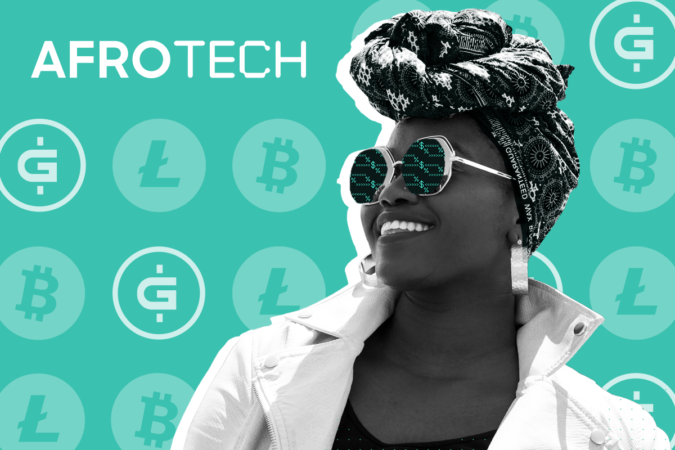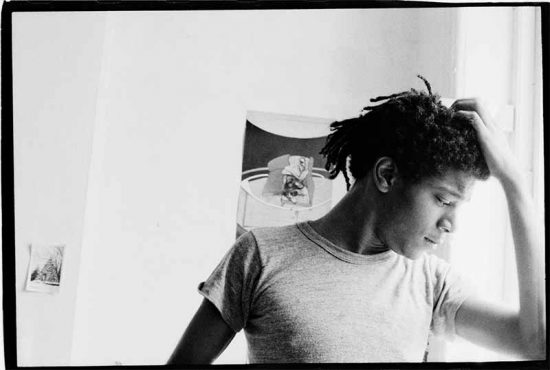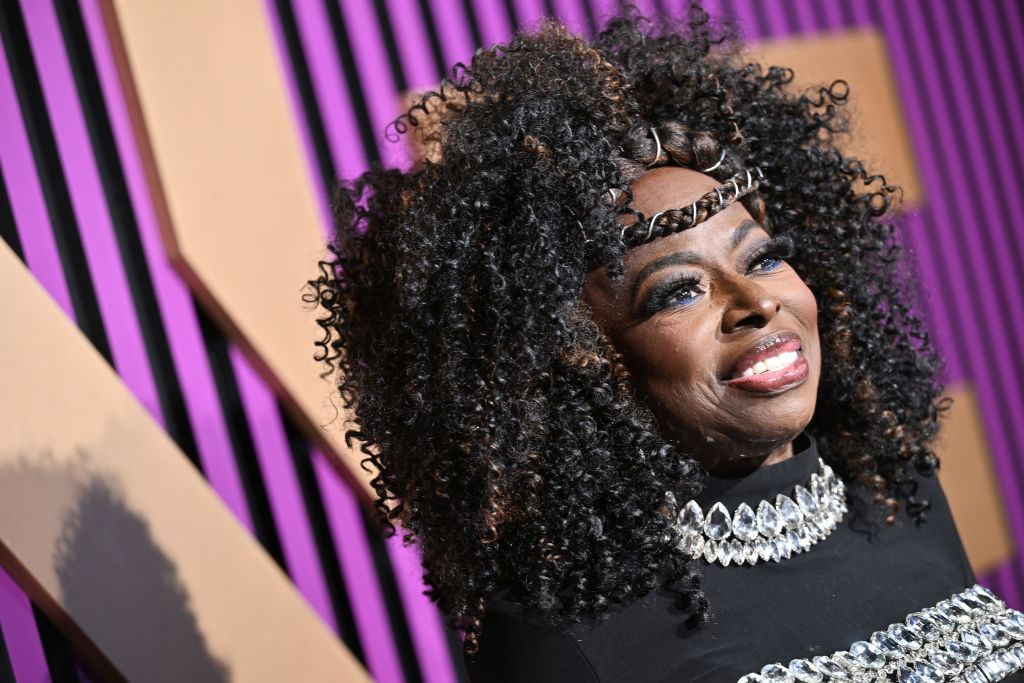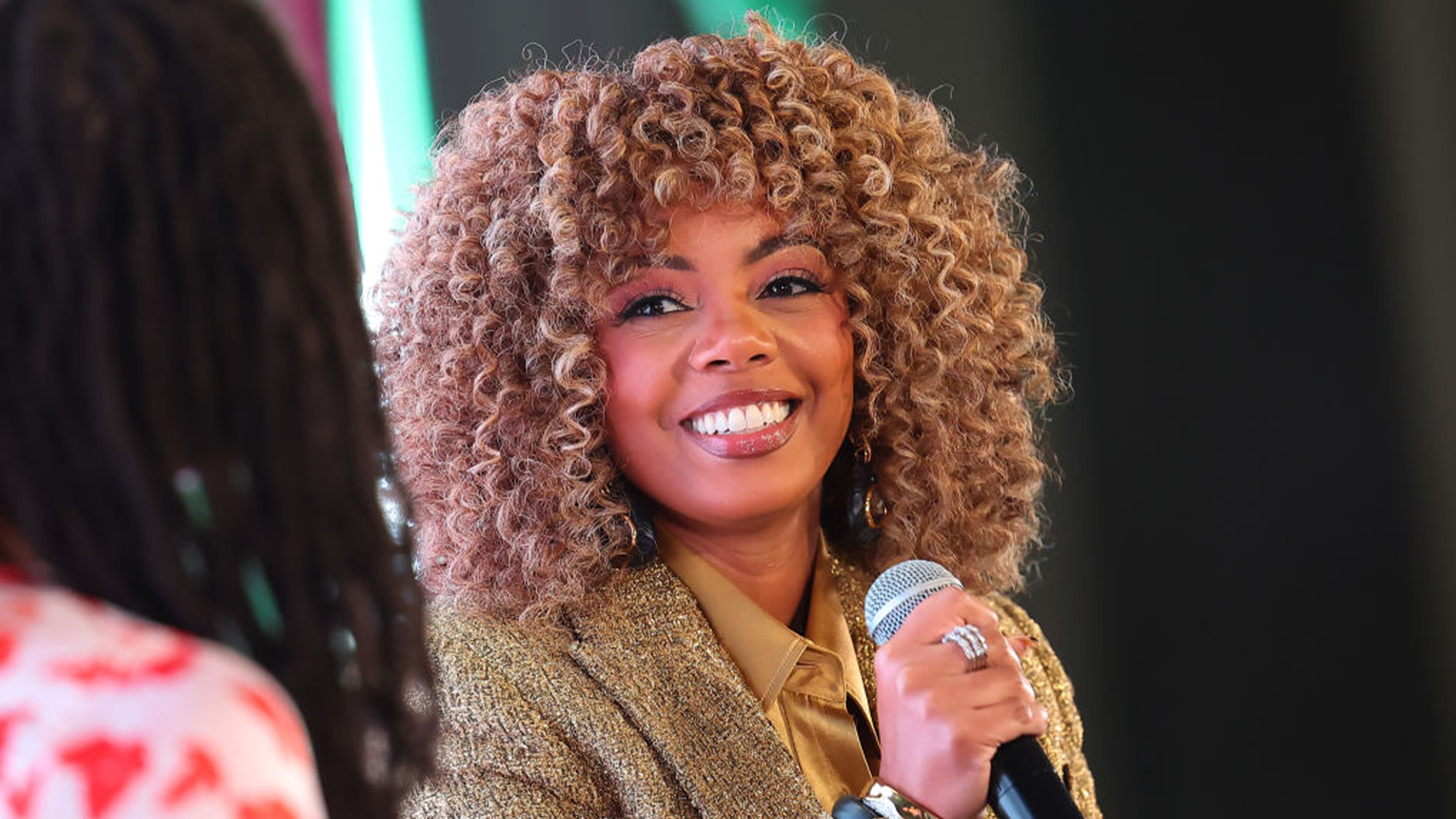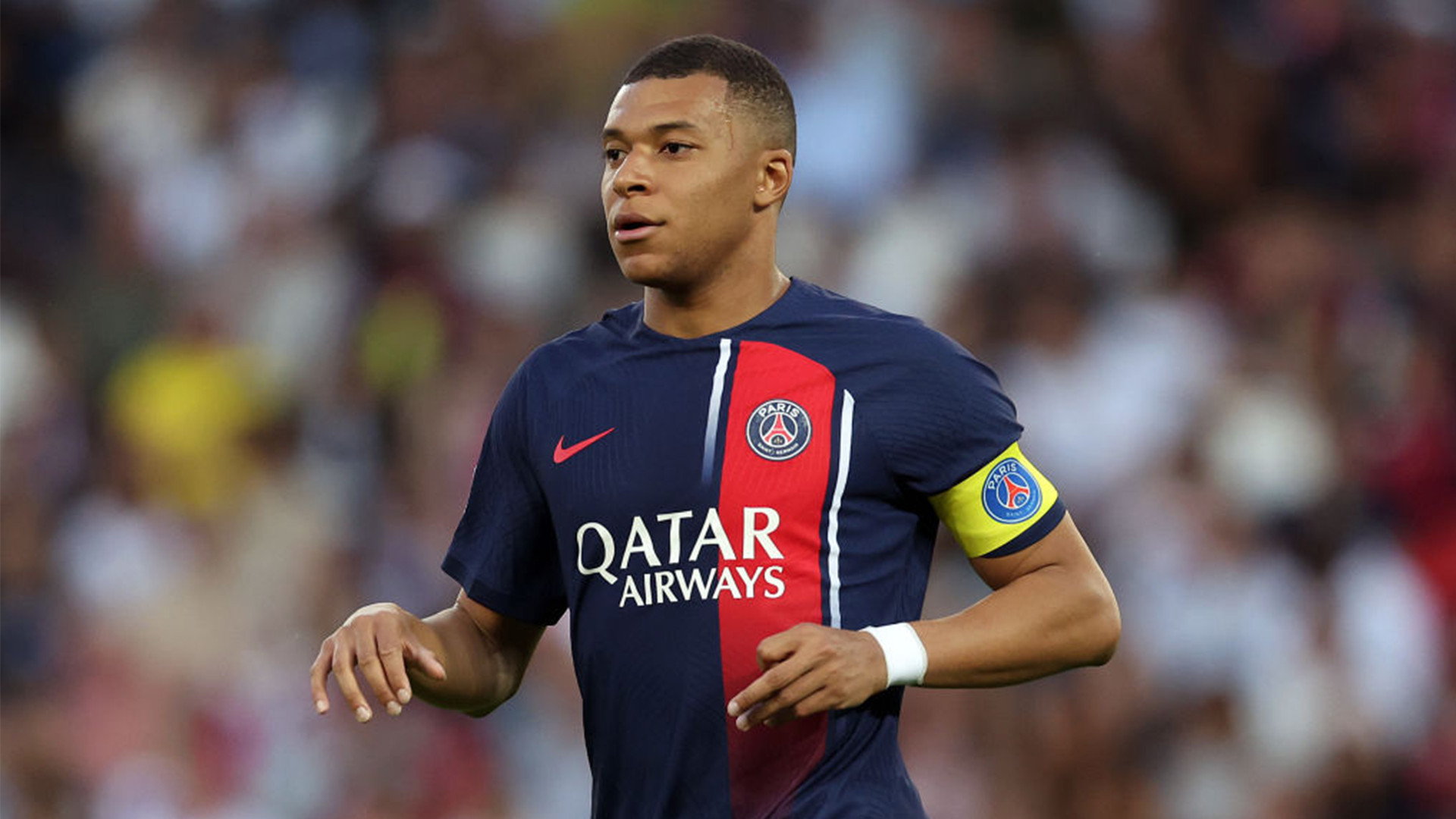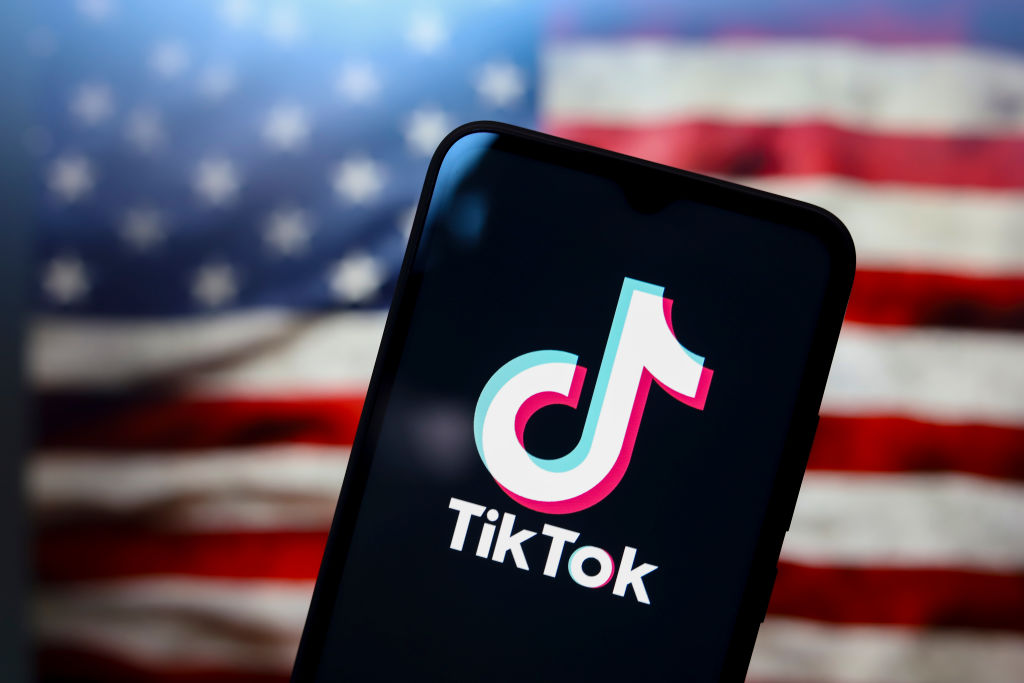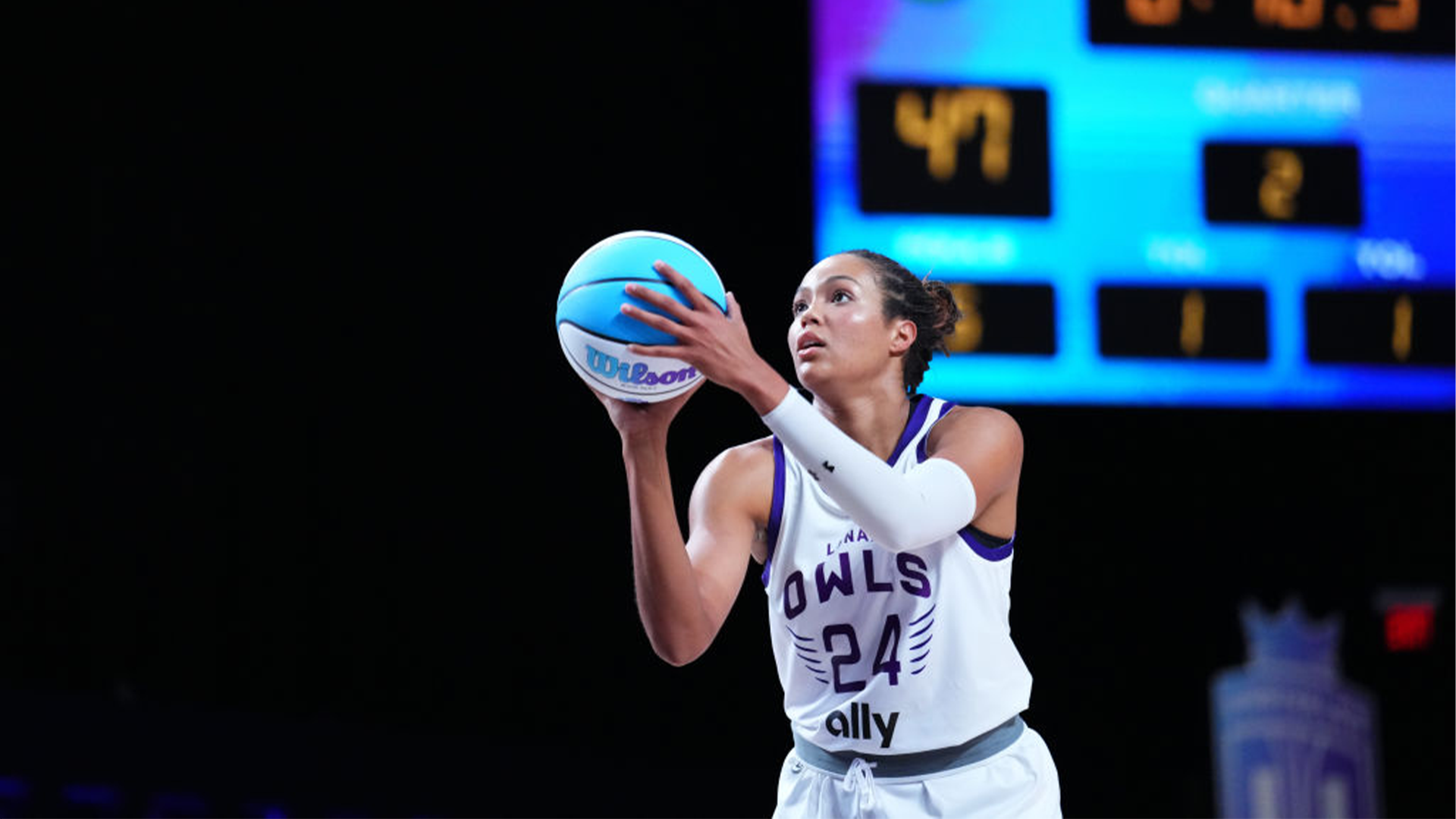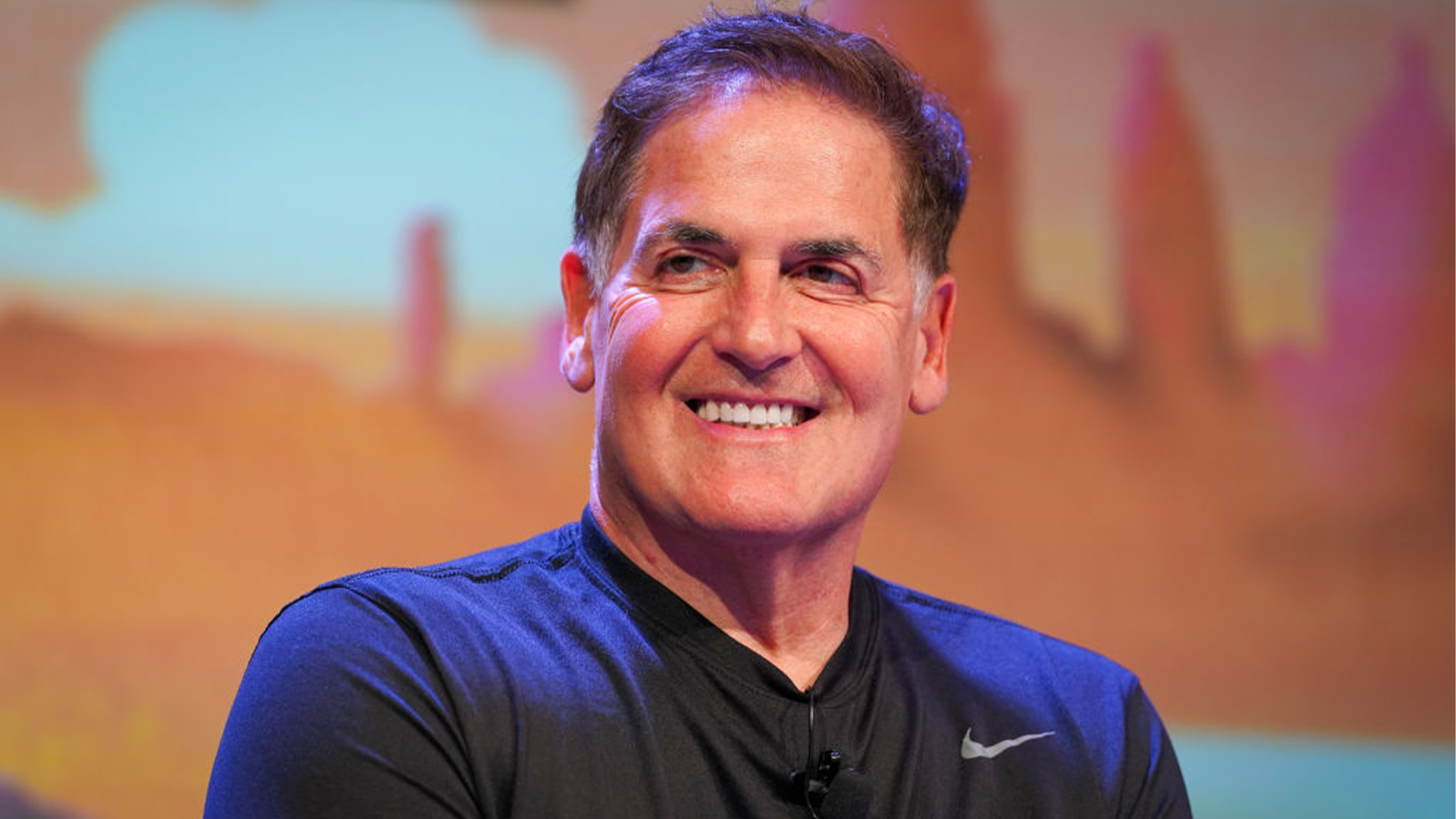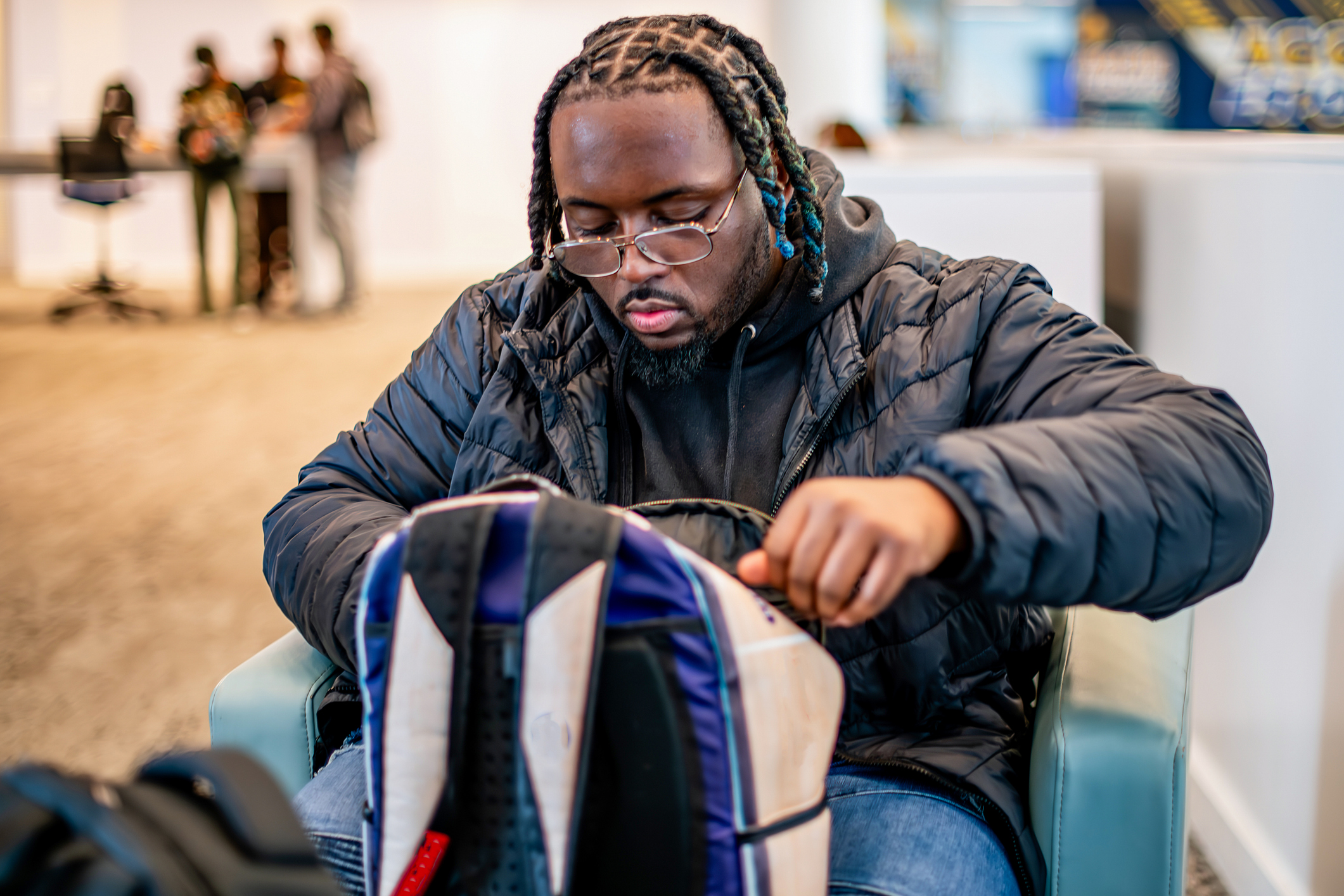Speaker Bios
Entrepreneur, investor, and two-time NBA All-Star and record-holder, Baron Davis played for 5 NBA teams over a thirteen-year career. Known for his electrifying style on the court, Davis was a powerful point guard who won national acclaim for executing in crucial, high-pressure moments, when his team needed him the most. As a businessman, Baron was one of the original investors for Vitaminwater and helped launch Thrive Market.
Baron is also the founder of several companies, including Sports and Lifestyle in Culture (SLIC), The Black Santa Company, Business Inside the Game (BIG) and No Label—each with the objective of combining creative talent with original publication and production to develop and provide educational and empowering stories that appeal to global audiences of all ages.
Marlon Nichols is a founding managing partner at Cross Culture Ventures (CCV), which finds the entrepreneurs who are building the future for the rest of America. He’s a former Kauffman Fellow and Investment Director at Intel Capital and a current adjunct professor in entrepreneurship and venture capital at the SC Johnson College of Business at Cornell University. Marlon’s unique eye for global trends and shifts in consumer behavior has helped him capture high-potential investments like Gimlet Media, MongoDB, Thrive Market, Fair, LISNR, Mayvenn, Blavity, Wonderschool, and others. He’s been featured on Fortune, Blavity, and NBC, and is the recipient of SXSW 2018 Innovator of the Year award, Digital Diversity’s Innovation & Inclusion Change Agent award, and was named Pitchbook’s 25 Black Founders and VCs to Watch in 2018.
Notes provided by Evernote
[ Video montage #1 — SLiC: Sports Lifestyle in Culture ]
Baron wanted to create a platform for artists, athletes, and musicians where they could tell their own authentic stories — the ones they tell in the locker room, the ones they hold until they retire. SLiC isn’t about statistics or the everyday of life, like ESPN or MTV giving “a peek into LeBron’s world.” It’s about gaining insight into the athlete. Who are they really? SLiC’s long-form documentaries humanize these folks and give them the opportunity to become real producers who manufacture and control their digital product.
[ Video montage #2 — BIG: Business Inside the Game ]
BIG is about empowering athletes, entertainers, and particularly women from a business perspective. As a pro athlete, Baron made a lot of money, and found himself in a highly privileged position, “but you start focusing on deals with those people who sit in the front row. We need to empower a generation, and I wanted to reach out to the people who look like me, who grew up like me, and give them a platform.”
“If we’re doing a dinner, that starts around a conversation: what problem do we want to solve, what are we trying to bring to the marketplace?” BIG connects people from various arts and sports who can bring their perspectives.
Marlon: Let’s talk about investing. There are different ways to do it. Most people go to the big funds and give them the money and say “invest it.”
Right, and a firm like BlackRock is great. But for me, it’s about us. How can I tap into young African-American VCs and entrepreneurs? How do they become the next BlackRock? And then if we find and understand who the good leaders are, when their time comes they can pay it forward. I want my money to be responsible for the future and then theycan be responsible for what comes next.
Marlon: You and I have a few investments together. Each of us pulls the other into projects.
And that’s the mentality we have to have, to help each other no matter what position we’re in. We need to be strategic, find opportunities, and pool our resources and money to make them happen.
[ Video montage #3 – Black Santa Company / U Wish ]
Media companies are hard. Why create another one?
I wanted to build a multimedia platform to help solve problems in education. The Black Santa™ character came up about 6 years ago, but when we pitched him, other companies were trying to change that character in negative ways. I wanted him to have all the qualities that Santa Claus has, and make him a hero figure for Black folks. He’s on time all the time, he’s happy all the time, he’s about giving. So he can teach kids their ABCs and 123s, too!
If we can use the media to promote positive, balanced Black images, we can celebrate our culture and love who we are. Little Black girls and boys need to love who they are and be accepted for who they are. When you learn how to celebrate your culture, others can start to celebrate it too. You make the world smaller. I love Disney. And we can make a media company that maybe looks like Disney, is structured like Disney, but it’s for us.
How do you manage it all? How big is your team?
I have a team of 13 people, working in pods. U Wish has a team of 7, SLiC has 4, and BIG is just 2 people. If we can build a pod around each platform, then we have people who are always responsible. And for me, it’s about mastering the calendar and understanding it so we can bake things in. So what happens this year happens next year, and the next year. It’s not easy, but its fun. My creative schizophrenia and entrepreneur shizophrenia can run free.
Q&A
Q: I’m a manufacturing engineer at NASA/JPL but I also rap about math and science… [she freestyles]
A: Come on up here and let me hug you! See, it’s not about me, it’s all this. That’s what it’s about.
Q: Black founders tend not to go into into the highest-revenue industries. How do we change that?
A: We’re off that. That’s old thinking. But when Black people found big companies, there’s a responsibility to give back. There’s a social responsibility to help sustain smaller Black businesses. How do we build a strategy that gives the entire community a win?
Q: Lots of us grow up wanting to be athletes. As an athlete, how do you think we can get kids to want to be in tech?
A: I believe if you teach sports, you’re teaching every industry. If you think about it, it takes every industry to make an NBA game come together. So don’t run away from sports, embrace them. But teach kids about the whole thing, not just the athletes on the court, but the people who make the broadcast happen and run the tech aspects and run the business.

